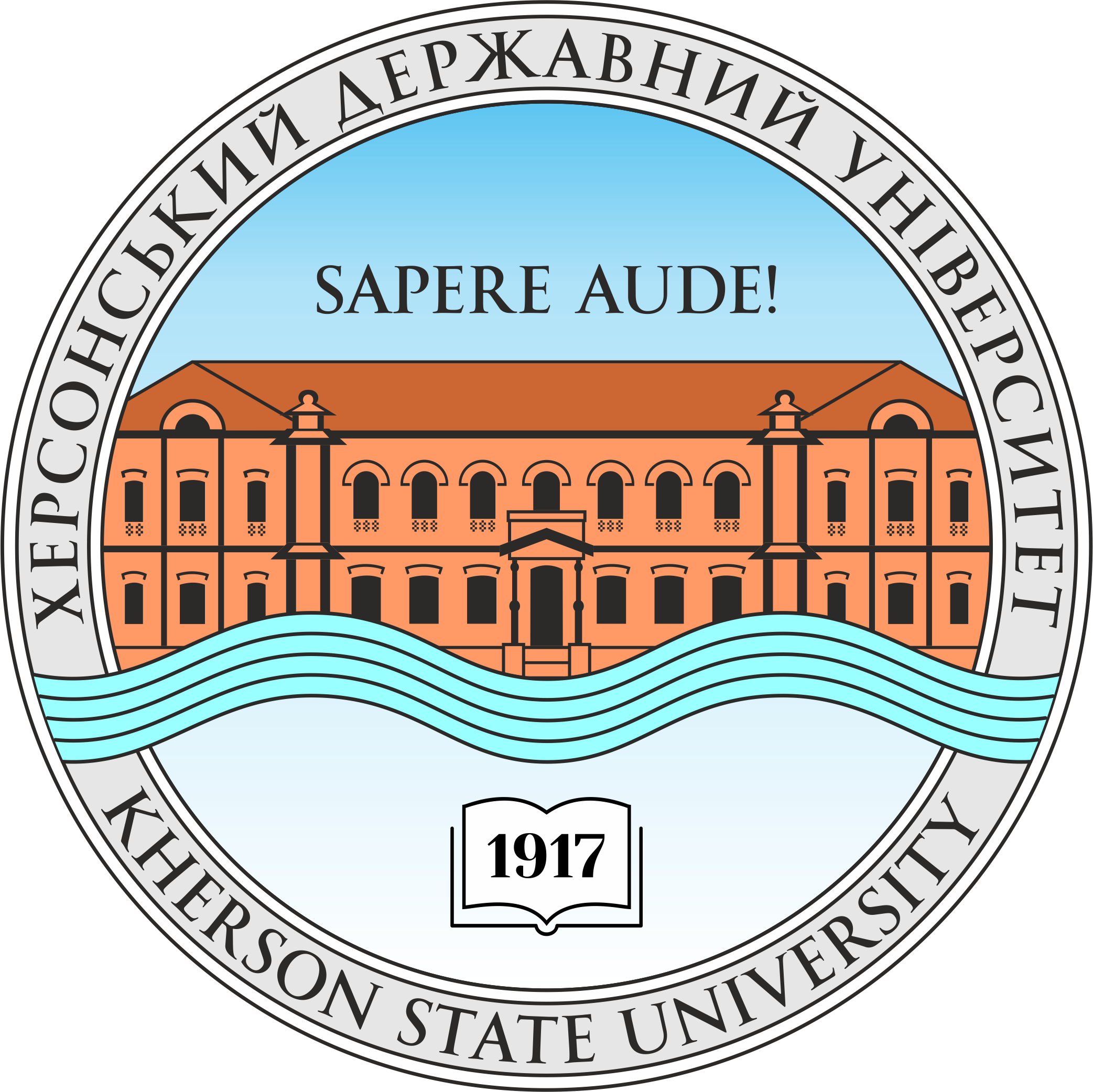ACHIEVEMENT OF QUALITATIVE RESULTS OF SCIENTIFIC EXPERIMENT BY FUTURE BIOLOGISTS IN THE CONDITIONS OF LABORATORY RESEARCH
DOI:
https://doi.org/10.32999/ksu2524-0838/2019-27-9Keywords:
formation of research skills, scientific experiment on biology, future biologists, motivation, pedagogical conditions.Abstract
The rapid change of living conditions of the modern man, the deterioration of the ecological situation influences the constancy of the parameters obtained empirically in the laboratory during the study of various representatives of the plant world. This requires knowledge of the classification of spicy aromatic plants that have been widely used in everyday life for more than a decade, information on the biochemical composition and the features of their
use. Thereby, there is a need to increase the link between theoretical knowledge in biology and its practical application. Knowledge of the basic biological features of plants, in particular, medicinal, their biochemical characteristics, the ability to use this knowledge in practice, as well as the ability to predict - one of the elements of the basis on which a successful future professional activity is based. The research is aimed at finding a complex of means and conditions for the formation of future students' biologists practical skills in solving their own problems regarding the selection and use of biomaterials. The problem lies in the fact that, despite the teaching methodology and the same laboratory conditions, the results of the research of future specialists are different.
Identification of the reliability of the result envisaged the determination of the systematic appearance of errors, violations of requirements, similarity to the internal and external characteristics of the biomaterial, etc. For the first time the criteria for evaluating procedural actions were introduced during the research in laboratory conditions, which was taken as the basis for the development of a new methodology. The method of training, which reflects the essence of the creative approach to obtaining their own scientific results during the educational process at the institution of higher education, is presented. The proposed method allows students to expand the theoretical achievements, synthesize them for implementation in the process of purposeful practical work, to form the
ability to determine novelty, to quickly perform procedural actions, to develop creative selfexpression.


